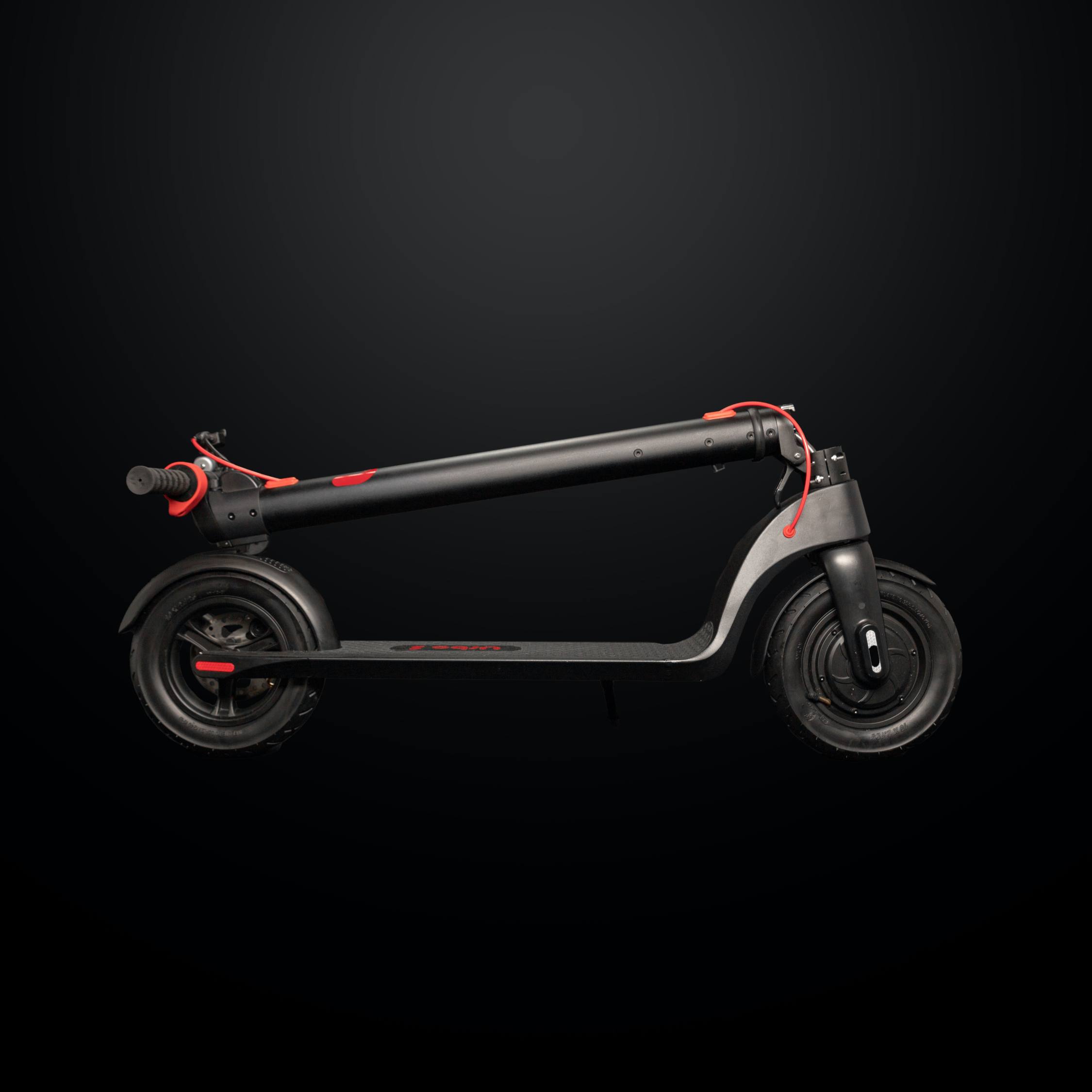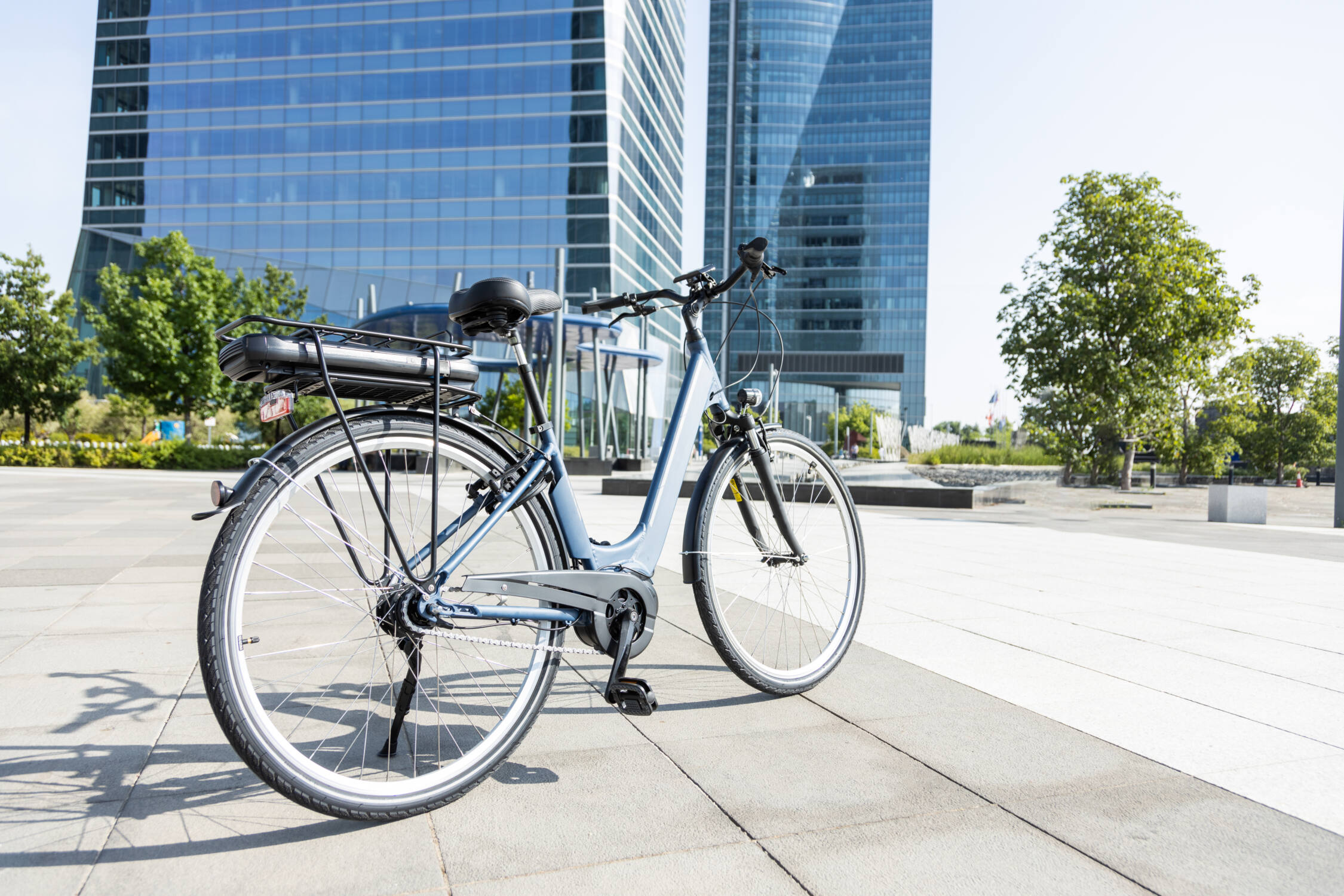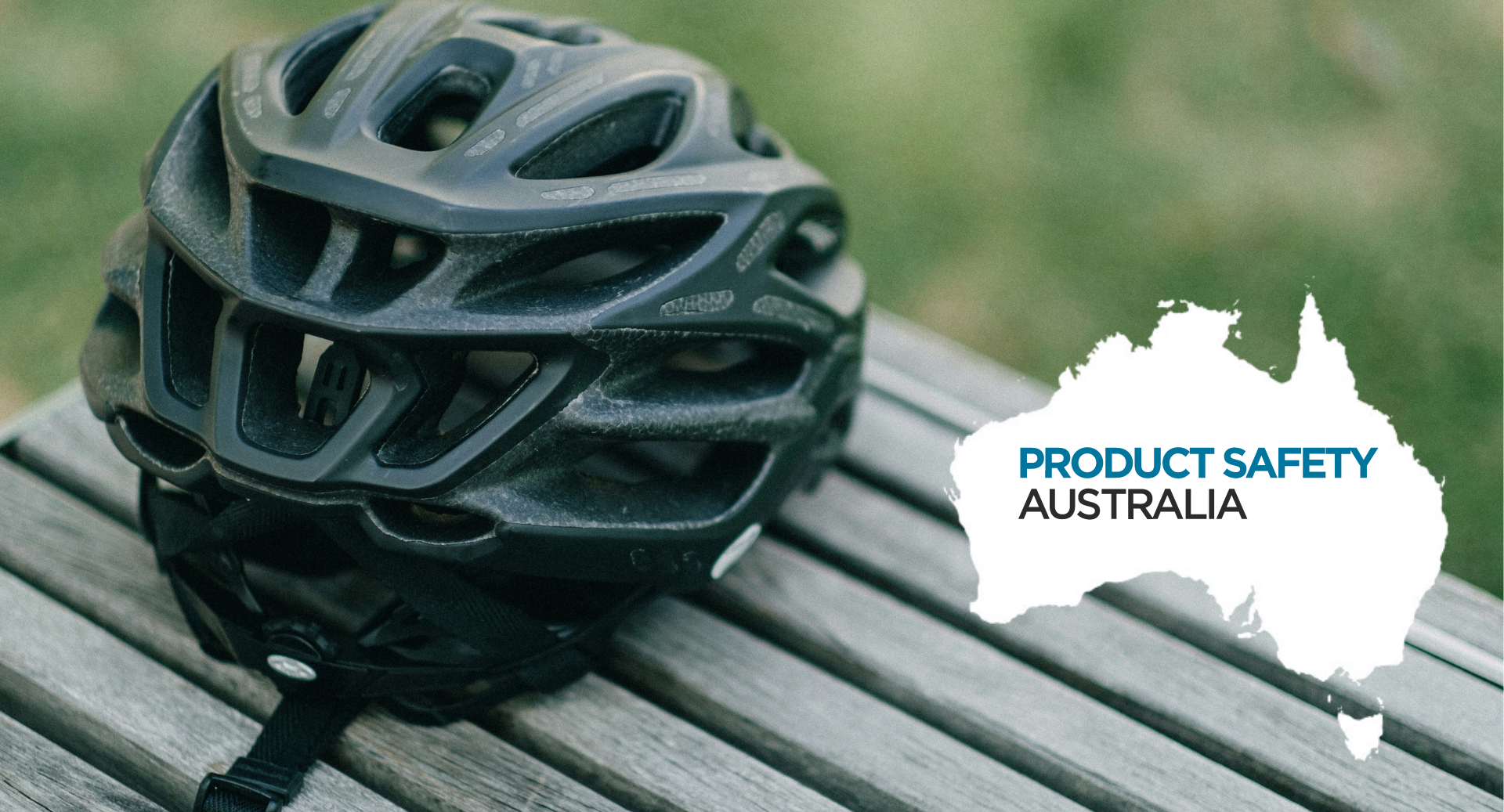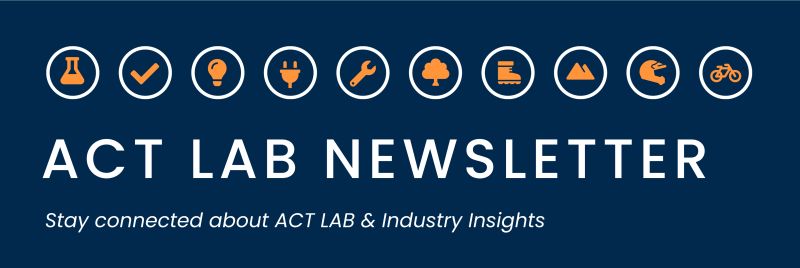
If you are looking to break into the market of electric scooters, it has never been a better time. It is currently expected that there will be 137 million e-scooter riders by the year 2027 and consumers are always searching for the highest-quality, safest product on the market.
Depending on your intended distribution market, you will likely have to have your product undergo rigorous testing and obtain certifications prior to going to market. In the US, regulations are in place that manufacturers must meet to legally sell e-scooters. In this article, we will discuss required regulations as well as voluntary ones, including ASTM F2641, and why it is beneficial to your product’s reputation and marketability to get this certification.
Required Testing
Electric scooters are subject to testing under UL 2271. This standard ensures the safety of the battery system that powers e-scooters and can prevent fire hazards that are associated with these devices. This standard is required by law and must be done before taking your product to market. UL 2271 does not test for the functionality or other safety features of e-scooters.
ASTM F2641
Released in 2015 under ASTM International, ASTM F2641 is a voluntary certification that covers multiple safety and performance aspects of e-scooters. The standard covers various aspects of these devices, including their materials, construction, instructions for use, and performance testing.
The purpose of ASTM F2641 is to ensure that recreational powered scooters and pocket bikes are designed and manufactured to be safe for their intended use. It outlines the requirements for the maximum weight capacity, maximum speed, and age range of users, as well as requirements for the materials used in the devices and their construction.
ASTM F2641 specifies various performance tests that must be conducted on recreational powered scooters and pocket bikes. These tests include tests for stability, handling, braking, and impact resistance, as well as tests for an e-scooter’s ability to withstand exposure to the elements and repeated use.
UL 2271 requirements, or their equivalent, must be passed to obtain ASTM F2641 certification.

What are the Benefits of ASTM F2641 Certification?
As aforementioned, the required UL 2271 testing for e-scooters does not cover the functionality, performance, chemical makeup, or durability of an e-scooter. Choosing to undergo ASTM F2641 can ensure the quality of your product and its safety.
Here are some of the key benefits of choosing ASTM F2641 Certification:
Compliance with safety standards: ASTM F2641 demonstrates that a manufacturer’s products meet safety standards that have been established by a recognized authority.
Improved marketability: ASTM F2641-certified e-scooters may be more marketable than those that are not. Retailers may be more likely to carry products that meet established safety standards, and customers may be more likely to choose products that have been certified.
Reduced risk of recalls: Products that have been certified with ASTM F2641 are less likely to be subject to recalls due to safety concerns. This can help manufacturers to avoid the financial and reputational costs associated with recalls.
Access to new markets: Obtaining certification with ASTM F2641 may provide manufacturers with access to new markets or marketplaces where compliance with safety standards is required or preferred.
About ACT-LAB
ACT-LAB is an ISO/IEC 17025 accredited laboratory that conducts consumer product safety and compliance testing for an active world. We can help ensure that your products both meet industry standards and are inspected to ensure the utmost quality.
To learn more about our tests contact us today.
Read more about our accreditations here.
 ISO/IEC 17025 Accredited Independent Testing Laboratory
ISO/IEC 17025 Accredited Independent Testing Laboratory








